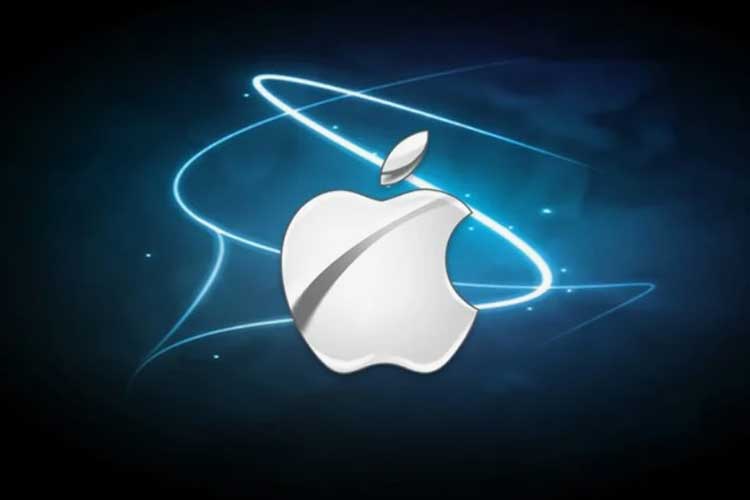
I didn’t see this as an enterprise-focused story at first. But a recent compromise between Amazon and Apple shows how communication can help even opposing businesses solve problems and grow value.
I didn’t see this as an enterprise-focused story at first. But a recent compromise between Amazon and Apple shows how communication can help even opposing businesses solve problems and grow value.
Amazon and Apple make a deal
Amazon this week suddenly began permitting Prime subscribers to access and purchase content from Prime using the iOS app.
To the vexation of many users, this wasn’t possible before. You had to visit Amazon’s site on a computer, purchase the item you wanted, and only then could this be accessed using an iOS device, including Apple TV.
The process was annoying, and was purely driven by the two bigwig multinationals arguing over who would get to keep a share of the purchase price. And customers suffered to protect the all-important bottom line.
Now this has changed, and it has become possible to access and purchase Amazon’s content via the app. That’s better for any customers out there seeking some entertainment during lock down. But, like so many of the little things, this arrangement suggests a shift in the way both companies think about their business and how to compete in the streaming media landscape.
Quid pro quo
An investigation by John Gruber shows that the deal kind of works in a slightly more complex way: Not only can you purchase content through Amazon’s iOS app, but you can also now buy Amazon Prime subscriptions through the app.
When you purchase a subscription using an Apple device, Apple gets a cut (presumably 30%) of the deal. However, if you purchase a Prime subscription on Amazon, this will be honored.
It goes further, as the support also means:
- Integration with the Apple TV app.
- AirPlay 2 support.
- tvOS apps.
- Support for universal search, Siri and zero/single sign-on.
In other words, you can more easily access movies purchased from Amazon on Apple TV, stream them from your device to an AirPlay 2-supporting television and also search for things using the Apple remote.
What Apple says
In a statement, Apple explains:
“Apple has an established program for premium subscription video entertainment providers to offer a variety of customer benefits — including integration with the Apple TV app, AirPlay 2 support, tvOS apps, universal search, Siri support and, where applicable, single or zero sign-on. On qualifying premium video entertainment apps such as Prime Video, Altice One and Canal+, customers have the option to buy or rent movies and TV shows using the payment method tied to their existing video subscription.”
What this means
Apple’s note around Altice One and Canal+ is significant. The company has been working with some cable service suppliers to integrate its streaming systems with others. In Portugal, for example, the Apple TV is provided as to those who subscribe to MEO, and ships with MEO content available as an app.
Apple’s move to recognize Amazon as a de facto streaming services provider means it is beginning to recognize the need to work in more complex partnerships with others.
We don’t yet know if this sets the bar for how Apple intends working with others in future, though I do hope it does. While doing so may slightly reduce the amount of cash Apple claws back on subscription deals for third-party content services, the benefits in terms of customer experience and widened content access are huge.
It is, after all, now pretty clear that Apple’s TV+ service will not defeat any other service out there – it just doesn’t have the content.
Why is this an enterprise-focused story? I see it as a parable, really.
Apple, Amazon and others are all actively engaged and compete to define the future of television. But that future cannot be a zero-sum game. The fact that these competitors are finding ways to work constructively together is a salutary lesson, as both benefit from the arrangement, while retaining their own individual identity.
(It’s also potentially a reaction to heightened anti-trust oversight in some territories.)
It seems typical of Apple CEO Tim Cook’s approach to complex challenge.
Describing his work with the current U.S. administration, he has said:
“The way that you influence these issues is to be in the arena. So, whether it’s in this country, or the European Union, or in China or South America, we engage. And we engage when we agree and we engage when we disagree. I think it’s very important to do that because you don’t change things by just yelling. You change things by showing everyone why your way is the best. In many ways, it’s a debate of ideas.”
A willingness to dialog is essential for any business facing any challenge. The Amazon/Apple arrangement shows how even competitors can benefit by reaching around such walls – particularly when doing so also enables both parties to do a more right thing.
We have to hope other streaming services providers get involved, as once they do, Apple’s TV app on the multitude of devices that support it will become a brilliant (and personalized) way to access all your content.



Comments